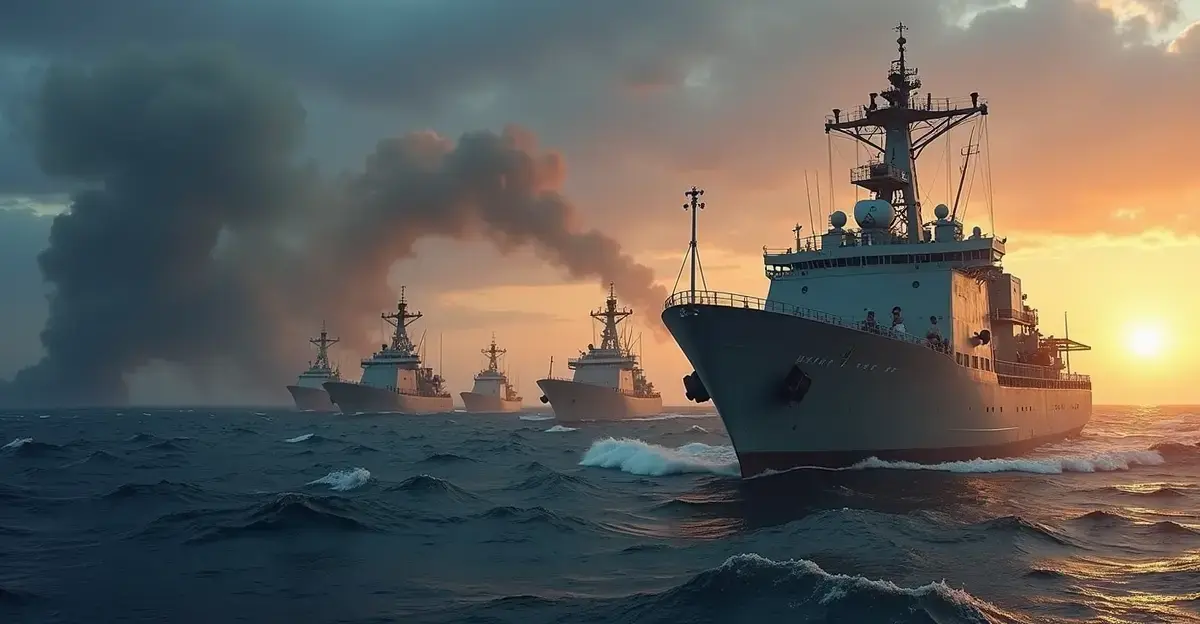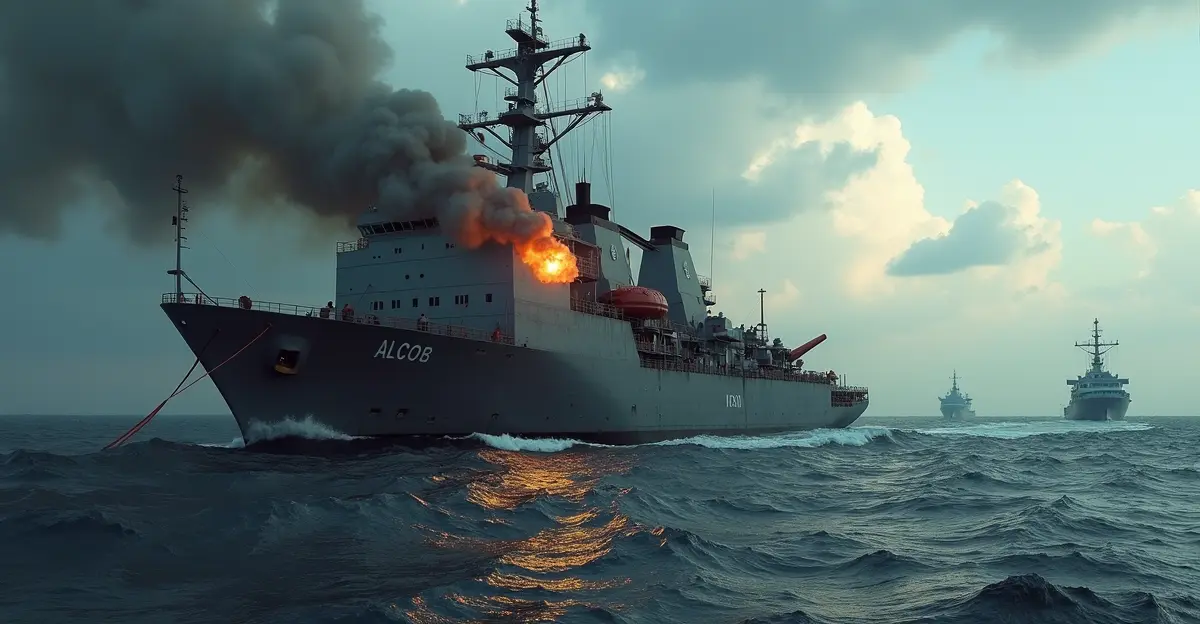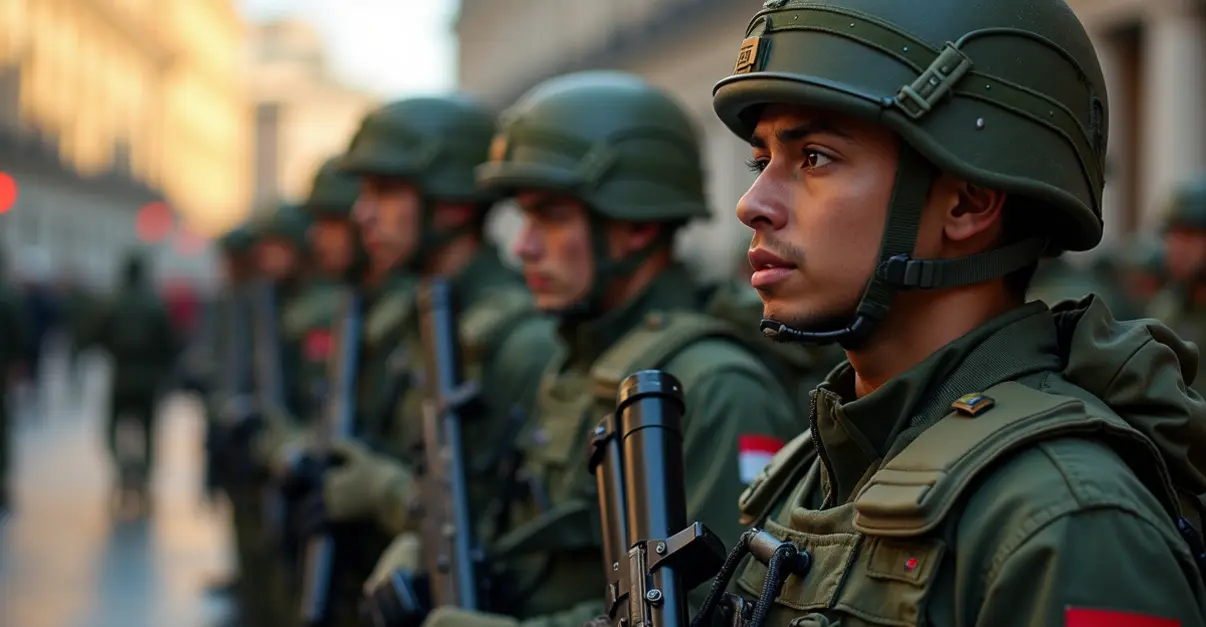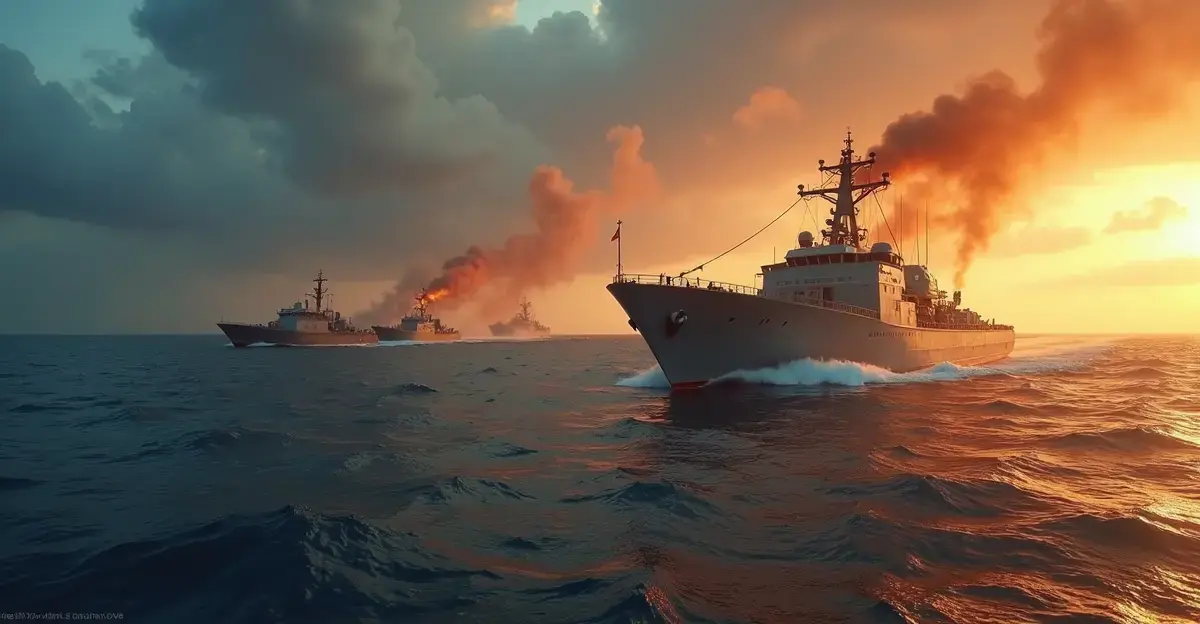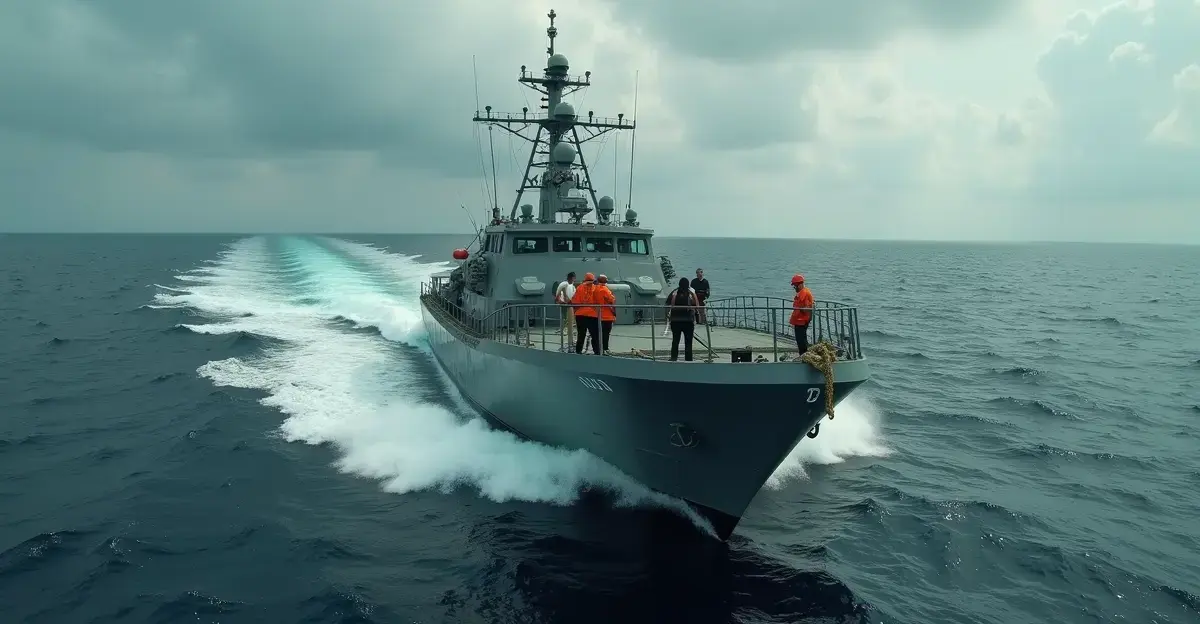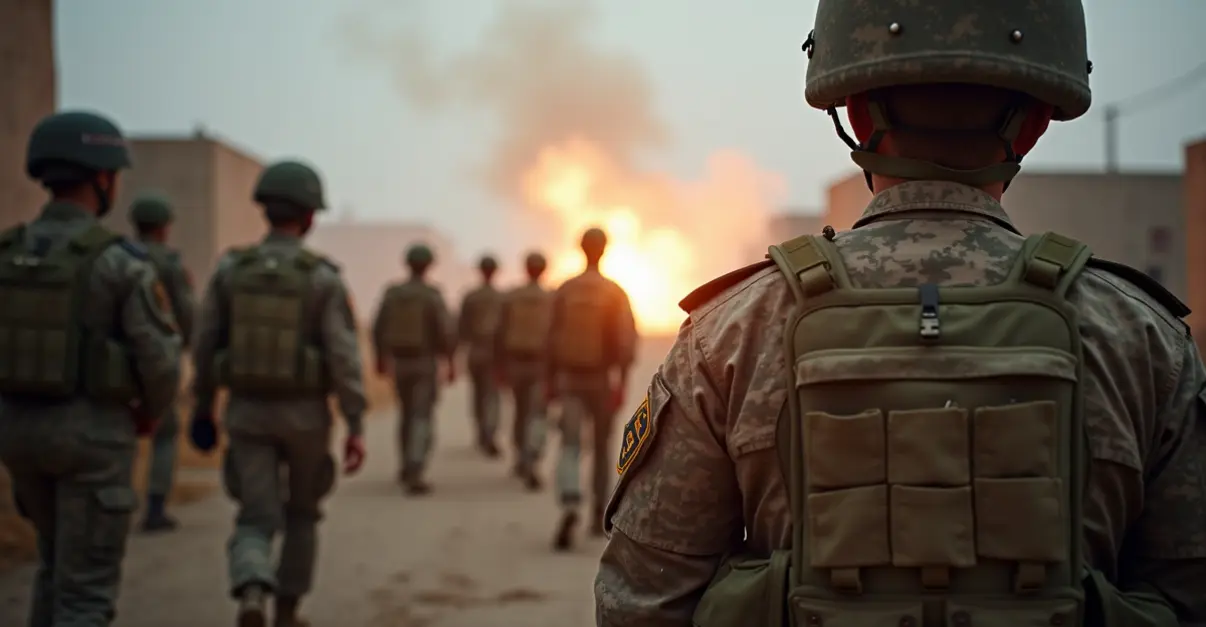Deadliest Strike Yet in Trump's Anti-Drug Campaign
The United States military conducted three separate strikes on four alleged drug-smuggling vessels in the eastern Pacific Ocean on October 27, 2025, killing 14 people in what represents the deadliest maritime attack yet in President Donald Trump's escalating military campaign against illegal narcotics. Defense Secretary Pete Hegseth confirmed that one individual survived the strikes, which occurred in international waters with no U.S. service members injured.
Expanding Military Operations
These latest attacks bring the total to 13 airstrikes on boats and at least 57 deaths since the campaign began in early September. 'These narco-terrorists have killed more Americans than Al-Qaeda, and they will be treated the same,' Hegseth stated in a social media post showing footage of the strikes. The defense secretary claimed the vessels were 'known to intelligence services, operating along known drug trafficking routes and transporting narcotics.'
The operation marks a significant geographic expansion from previous strikes in the Caribbean Sea to the eastern Pacific - a primary smuggling route for cocaine from major producers like Colombia and Peru. 'The land is going to be next,' President Trump declared during a recent White House roundtable, indicating potential escalation to ground operations.
Legal and Political Controversy
The strikes have drawn sharp criticism from Democrats and legal experts who question the legality of using deadly military force on targets that don't pose immediate threats. 'This represents a fundamental shift from treating drug trafficking as a law enforcement problem to framing it as military action against terrorists,' noted legal scholar Rebecca Hamilton in an analysis for Just Security.
The Trump administration has justified these actions by declaring drug cartels as 'unlawful combatants' and comparing them to Al Qaeda. However, the administration has not provided public evidence supporting claims that the targeted individuals were cartel members or that the vessels were transporting drugs.
Military Buildup in the Region
In a related development, President Trump has ordered the USS Gerald Ford aircraft carrier to redeploy from the Mediterranean to the Caribbean, fueling speculation about potential land-based military action in Venezuela. The unprecedented military deployment in the region has raised questions about whether the operation's true goal is to counter narcotics or topple Venezuelan leader Nicolás Maduro.
Mexican authorities coordinated the rescue of the lone survivor from the latest strikes, though it remains unclear whether that individual will be extradited to the United States. The strikes represent a dramatic departure from traditional Coast Guard-led interdiction methods that typically involve warning shots, disabling fire, boarding, and arrests for prosecution.
As the Trump administration continues its aggressive anti-drug campaign, legal experts warn that these strikes create dangerous precedents for unilateral presidential authority to employ lethal force without congressional oversight or proper legal justification under international law.

 Nederlands
Nederlands
 English
English
 Deutsch
Deutsch
 Français
Français
 Español
Español
 Português
Português
